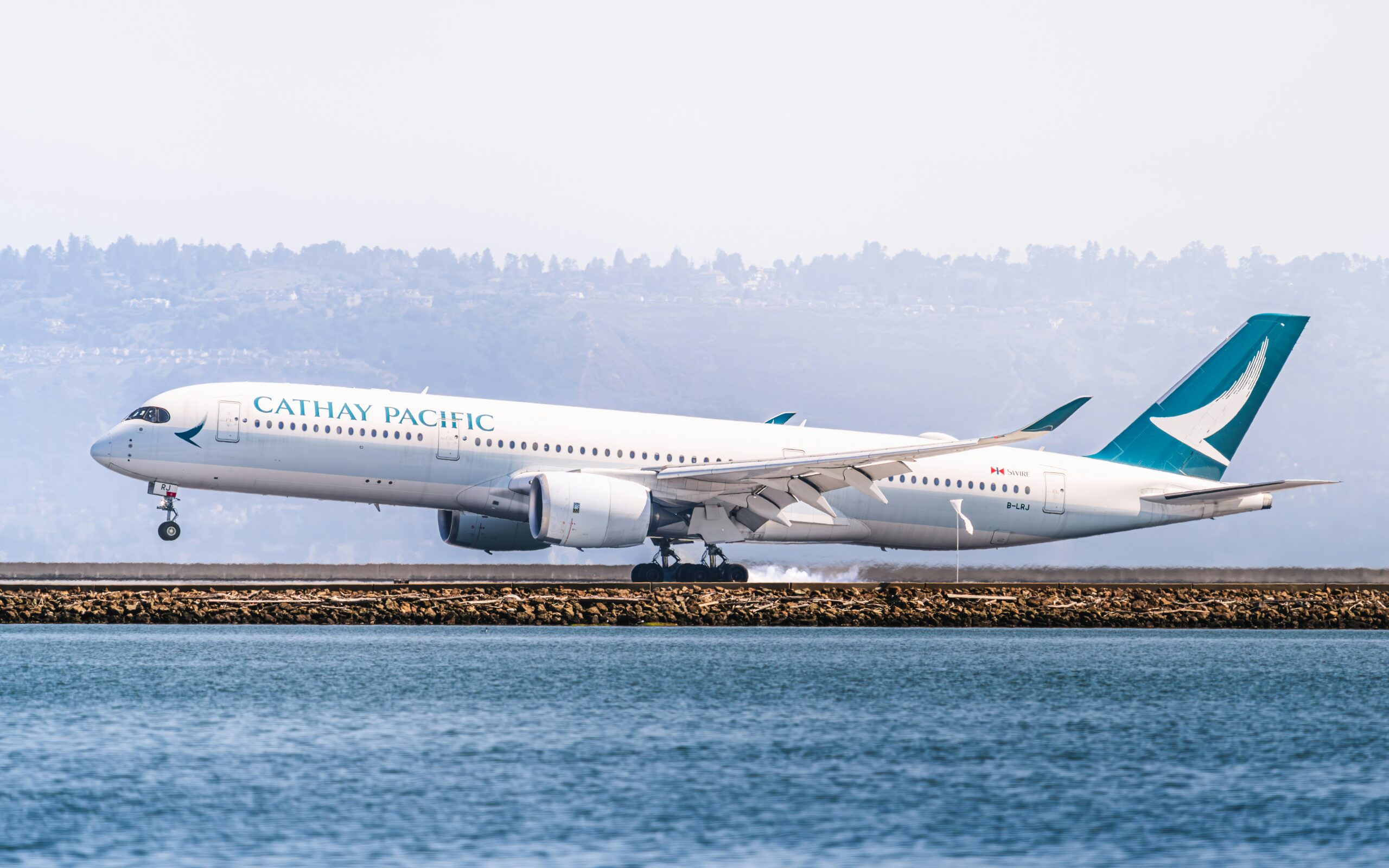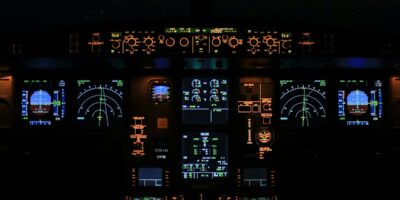Airplane Mechanic Hourly Wage
How Much Does an Airplane Mechanic Make an Hour?
Airplane mechanics, also known as aircraft mechanics or aviation maintenance technicians, play a vital role in the aviation industry. These skilled professionals ensure that aircraft are safe and ready to fly. One common question arises: how much do they make an hour?

Factors Affecting Hourly Wages
Several factors influence the hourly wage of an airplane mechanic. These include experience, location, type of employer, and specific certifications.
Experience Level
Experience significantly impacts earnings. Entry-level mechanics earn less than their experienced counterparts.
- Entry-level (0-5 years): $20 to $25 per hour
- Mid-career (5-10 years): $25 to $30 per hour
- Experienced (10+ years): $30 to $40+ per hour
Geographical Location
Location also plays a crucial role in wage determination. Areas with higher living costs often offer higher wages, but that isn’t the only factor.
- California: $30 to $37 per hour
- Texas: $25 to $32 per hour
- Florida: $23 to $28 per hour
- New York: $28 to $35 per hour
- Alaska: $33 to $40 per hour
Type of Employer
Different employers offer varied pay scales. Commercial airlines, government agencies, private companies, and aviation manufacturers each have their pay structures.
- Commercial airlines: $28 to $35 per hour
- Government agencies: $25 to $32 per hour
- Private companies: $22 to $30 per hour
- Aviation manufacturers: $27 to $34 per hour
Certifications and Specializations
Certifications and specializations can increase earning potential. The more certified skills a mechanic possesses, the higher the wage.
- A&P Certification (Airframe & Powerplant): Typically adds $2 to $5 per hour
- IA Certification (Inspection Authorization): Can add $5 to $10 per hour
- Avionics specialization: Additional $3 to $7 per hour
Employment Benefits
In addition to hourly wages, many airplane mechanics receive other benefits.
- Health Insurance: Medical, dental, and vision coverage are common.
- Retirement Plans: Many employers offer 401(k) plans and pensions.
- Overtime Pay: Mechanics often have opportunities for overtime, leading to higher overall earnings.
- Training & Certification Reimbursement: Continued education and certification costs are often covered.
Job Outlook and Future Trends
The demand for airplane mechanics is steady, with a slight growth trend expected. The aging workforce and the steady rise in air travel contribute to this demand. Advancements in technology require mechanics to stay updated, but it also opens doors for new specializations and higher wages.
With these factors in mind, potential mechanics can assess their career paths and expected earnings. Continuous learning and adapting to industry changes will play a crucial role in maintaining and increasing earning potential.



